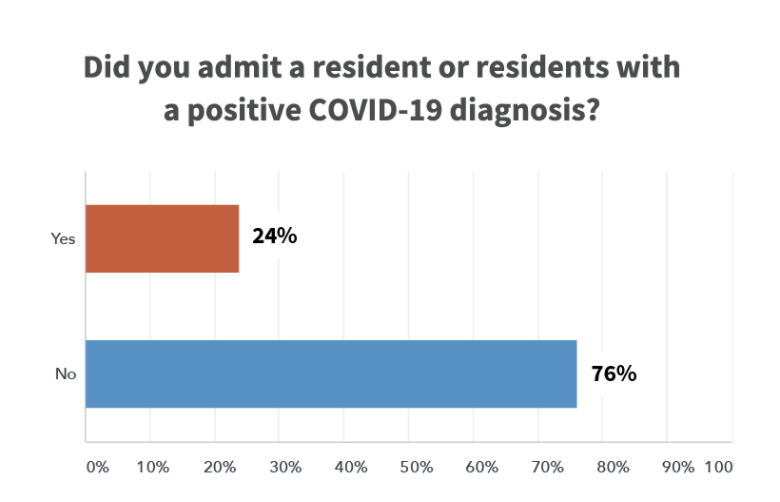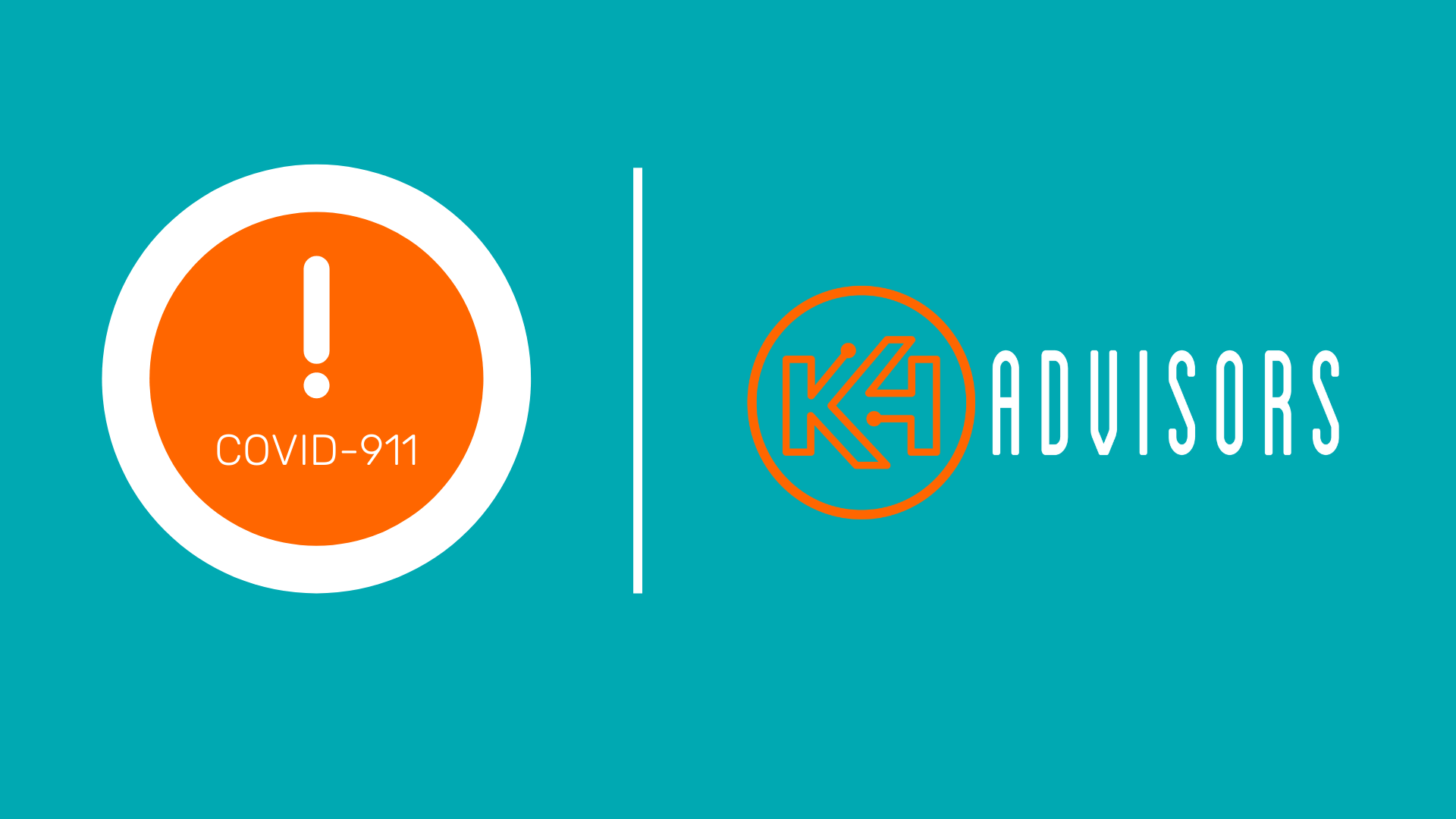“We know how to do this, we call it strategic planning, we just usually have more time.”
By: Cindy Phillips, Managing Partner, K4Advisors
April 7, 2020
I was talking with a colleague last week who runs a large CCRC and who has been in both acute and post-acute settings most of his career. I asked him, “Have you ever seen anything like this before?” He paused, and his response was “No.”
It’s clear at this point in our COVID response that we are all in unchartered territory. Even the industry veterans, from LPN to CEO, are being tested like never before. It’s what I am struggling with right now as a recent operator myself, what advice would I give? Our leaders, in every setting, are being forced to make very tough decisions every day and often without much experience to guide them or time to fully assess the options.
As our conversation continued, my colleague later added that the only parallel he could think of was his military experience. This fits the current narrative – the “War on COVID-19.”
This war, a medical director recently said, is almost unwinnable. “Nursing homes have no way to avoid outbreaks – they can reduce the risk and increase the likelihood of delay, but it still is a roulette. Unless we get an effective vaccine or treatment, eventually almost every facility will have their crisis. More than 20% of their residents will die and another 20% or more will be much less functional for having been so sick,” said Dr. Joanne Lynn in her March 28 blog.
Can Reconnaissance Help?
This whole conversation got me thinking about what we could take from military practices to help in our response. The word reconnaissance emerged.
Merriam Webster defines it as “a survey to gain information; an exploratory survey of enemy territory.” At the national level, that means looking at other countries and how this virus evolved. For senior living, we have only to look at other communities who are getting hit ahead of us. Looking ahead to see the decisions we will have to make and give ourselves time, if only a few days, to prepare our response.
We’ve done it already with decisions on employee screening, visitation rules, end-of-life exceptions, staff return-to-work policies, communal dining changes, and policies on new admissions or move-ins, to name a few.
So, what’s next? How do we prepare?
My suggestion is to focus just one step ahead, spending time today working on the decisions for tomorrow. We know how to do this, we call it strategic planning, we just usually have more time. Here are a few examples of some of the hardest decisions likely on the horizon for many of you.
Tough Decisions to Come
What if a family wants to take their loved one out of Assisted Living or Nursing?
“Moving an older adult from a long-term care center is risky and could have long-lasting impacts. The federal Centers for Disease Control and Prevention (CDC) does not recommend such moves,” said geriatrician David Gifford, chief medical officer of the American Health Care Association and the National Center for Assisted Living, in a recent AARP article.
It is happening already. About 28% of respondents in a survey from Skilled Nursing News said family members had removed a resident from a facility explicitly due to COVID-19 concerns.
We’ve got to be prepared, so what education do we need to share with families? How will we do that and what will your policy be if they insist? Beyond the normal paperwork or guidelines for a resident spending time outside your facility, do you need something else?
What happens when you get your first case of COVID-19?
Many are already dealing with this, but beyond the CDC guidelines on isolation there is so much more on plans for communication. How will we tell residents in our community, their families and then the media? Who will care for these residents? How will you deal with the anxiety that will emerge from your caregiver team?
What conversations need to happen quickly if it’s a bad case of COVID-19?
Does this resident have an advanced directive? Will they be capable of making changes? This requires that some sensitive discussions happen quickly.
These resources may help: VITAL Talk and The Social Work Hospice and Palliative Care Network.
In a CCRC environment, will you admit an Independent or Assisted Living resident with COVID-19 into your Nursing center?
As you see in the Skilled Nursing News survey, 24% already have. Once you have a case, or if you’ve set up a specially isolated unit, this may become a reality.

Even ahead of that, what will your policy be, at least with what we know right now? How will you explain this to the many stakeholders who will want to know the rationale?
How will we handle the first death (or even worse when the volume climbs)?
Start the conversation with your funeral home partners in your area. Are they prepared for a timely removal of the deceased? Simple logistics of storage and who will be responsible for transport?
Last Thought
And by the time I press send on this article, there will be at least five more key decisions that will need to be made and policies or guidance to be given to staff or residents. My message is to get ahead of it, even a few days before you are under the gun to make the call. And at the end of each decision is a “to-do” item around communications. At K4Connect, our technology, K4Community, provides a variety of reliable and scalable ways to do that.
“In survival mode, our vision narrows. Reactivity replaces deliberation. Threat can help mobilize our attention, but when it comes to solving complex problems, we need our highest cognitive resources,” said Tony Schwartz in his recent HBR article.
Let’s use our best reconnaissance and stay one step ahead of COVID-19!
More COVID-19 resources are available on our dedicated COVID-911 Resource page, linked here.

